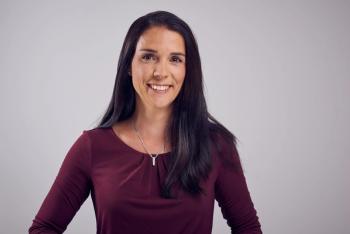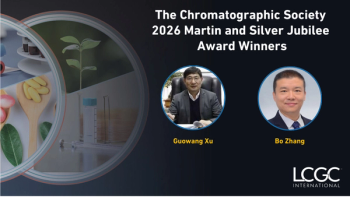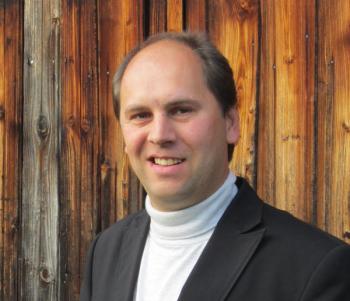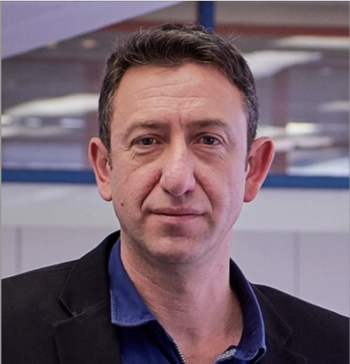Key Points:
- Gesa Schad emphasizes that modern SFC is a flexible, mature technique suitable for both analytical and preparative workflows across various industries, and longstanding concerns about its robustness have already been resolved.
- Schad created the book to reach newcomers and seasoned analysts alike, offering an accessible introduction and clarifying persistent myths, reflecting a broader push to expand SFC knowledge and adoption beyond.
Supercritical fluid chromatography (SFC) has evolved significantly since its inception, emerging as a versatile and efficient separation technique. Despite its growing use, several misconceptions persist, particularly regarding its operational limits, robustness, and applications. Often viewed narrowly as a method confined to the pharmaceutical industry or strictly defined supercritical conditions, modern SFC encompasses a wider range of parameters and applications than commonly recognized.
In this interview, Gesa Schad from Shimadzu Europe, Germany, discusses how SFC is being used in practice, why she launched SFC For Dummies at HPLC 2025, and how common misconceptions surrounding the robustness of SFC have been addressed some time ago. You can obtain a copy of the book here: SFC for Dummies : Shimadzu (Europe)
Schad spoke with LCGC International at HPLC 2025 to answer the following questions:
- How has SFC evolved in the past ten years? Are there misconceptions about the robustness of the technique?
- How is SFC being used in practice in modern analytical and preparative analysis in the pharmaceutical sector?
- SFC is often associated with pharma. Is it being used in other application areas?
- Why did you decide to publish SFC For Dummies, and who is the book aimed at?
- Who did you collaborate with on this project, and how long did it take from initial idea to completion?
- How has the book been received at HPLC 2025, and how can people get hold of a copy?
- How will SFC evolve?





